DIB has been involved in Bolivia since 1989. First with sustainable settlement and local planning through technical support for rural society, which among other things led to the construction of the iconic Lak'a Uta parabolic houses on Bolivia's altiplano. Afterwards came playful learning and ecological alphabetization to be included in the programmes of several schools in the rural areas around the Lake Titicaca. The dramatic forest fires in eastern Bolivia drove us to foster emergencu efforts for the indigenous people in that area. The collaboration with education and research institutions subsequently led to studies and prevention of livestock diseases and their occurrence in human beings in the Amazon. We have since combined the climate crisis and its impact on Bolivia's rural areas with our partner's methods in education in new efforts.
Our long-standing engagement in Bolivia has provided us with a good foothold in the country, and we managed to build a strong network with actors from every level.
Women and youth in the fight against climate change
Climate change should be fought with knowledge, engagement, and citizenship. Through training and capacity building of especially women and youth leaders from different civil society organizations in La Paz and El Alto, the goal is for them to create their own initiatives to fight climate change and disseminate knowledge about it in their organizations and target groups. The project will also push for local and regional development of knowledge and skills through networking, one conference, and media outlets.
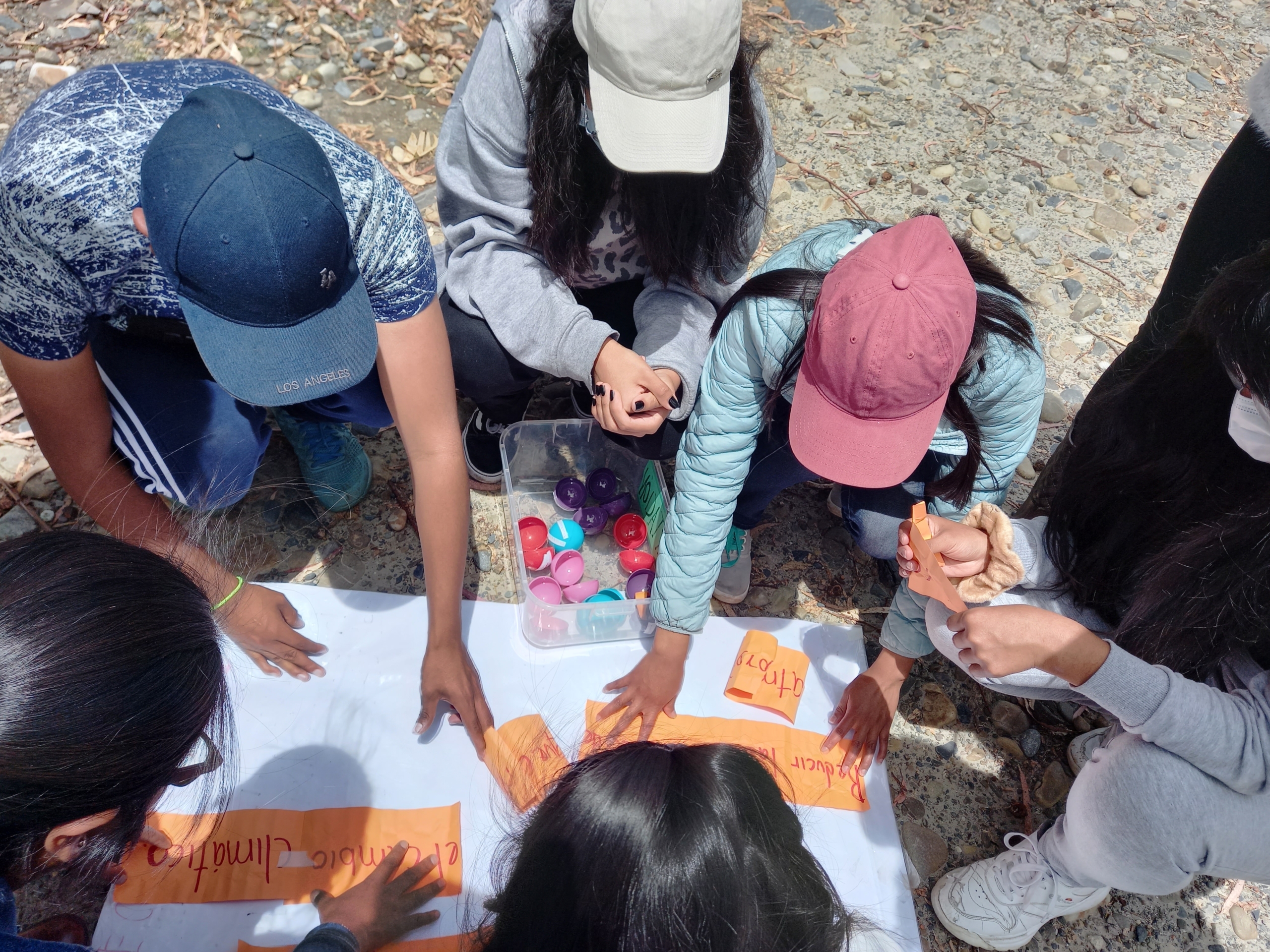

Strengthening indigenous people's voice during the pandemic.
The climate crisis and the COVID-19 pandemic has made life even more difficult for the indigenous people in Bolivia. They have had little to no help from the government to resist the two emergency-crisis, and they also belong to some of the most marginalized and isolated ethnic groups. DIB has been granted funds in 2021, along with Teko Kavi from CISU's "råderumspulje" (Civic Space Modality), for strengthening indigenous people's voices during the pandemic and the climate crisis. Once capacity building on handling social media and podcastwill be established, people will be able to bring attention to the many different challenges they face, and tell about their life and their unique culture in Bolivia's remote forest areas.
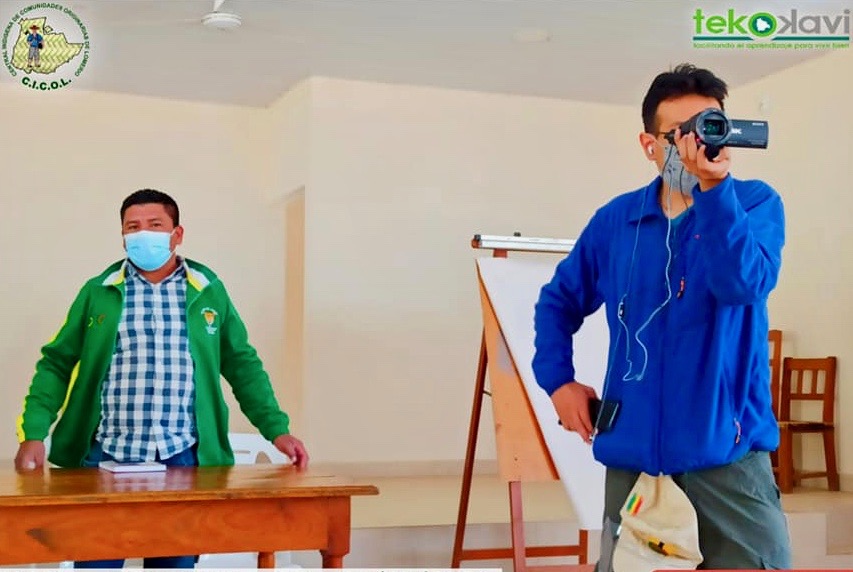
Research on and prevention from zoonoses in Amazonia
A successful pilot project about research and prevention of domesticated animal-illnesses in indiginous societies in the Amazons - NETCAP-DIB project, and the proficuous collaboration with researchers from Danmarks Tekniske Universitet and Københavns Universitet, led to a grant from CISU in January 2020 to continue the work in San Buenaventura until March 2023. NEXTCAP is methodically anchored in One Health Approach, which focuses on the interaction between people, animals and the environment in promoting sustainable health solutions.
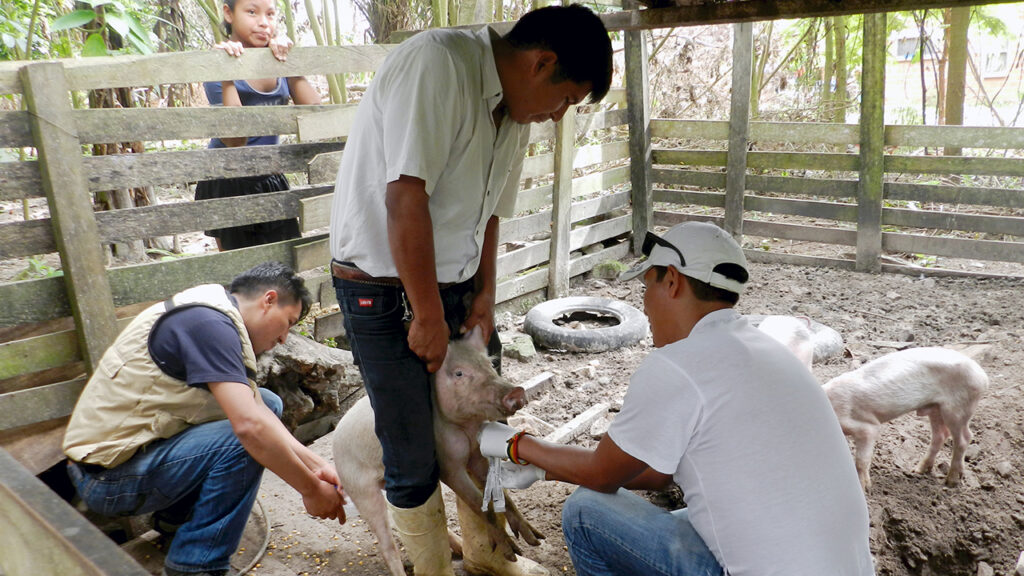
The main goal is to improve the conditions of the Tacana-indigenous in the remote Amazon regions, through establishing networks and the capacity to prevent diseases spread between animals and humans. The research pertains both to diseases spread between domesticated animals and humans and between mosquitos and humans as well. Listen to an interesting presentation by professor Liza Rosenbaum Nielsen from the University of Copenhagen talking about our startup-project NETCAP from 2018.
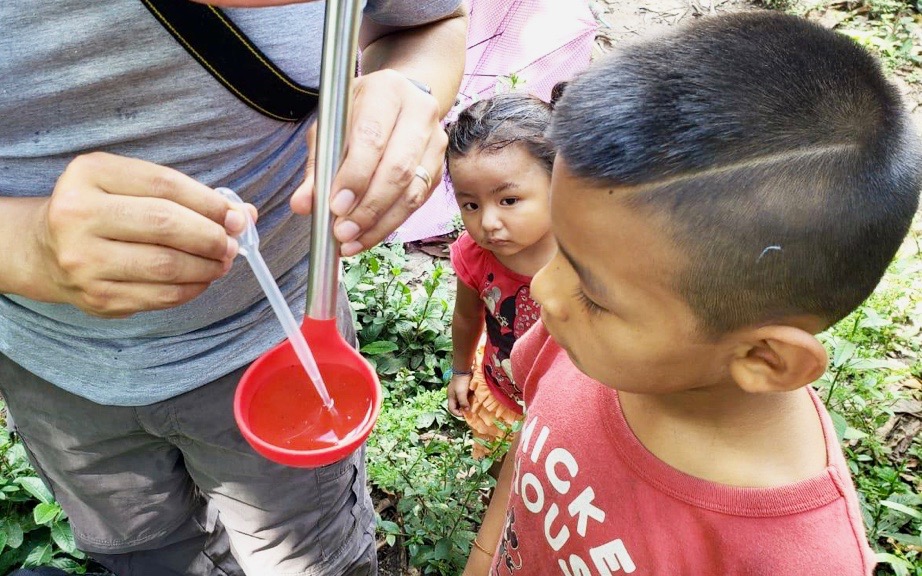
Emergency relief for communities affected by wildfires
In Autumn 2019 we received a grant from the emergency aid, Danish Emergency Relief Fund (DERF) to fight and contain the destructions of wildfires, that ravaged the forest area Chiquitanía in eastern Bolivia. Our efforts ended in October 2020 and yielded humanitarian help to 1827 people from 15 local societies, in the form of rehabilitation of their accessibility to water, securing access to health-care, both physiological and psychological aid, the reestablishment of self-providing agriculture and the creation of local forest-fire brigades for fire prevention and control.
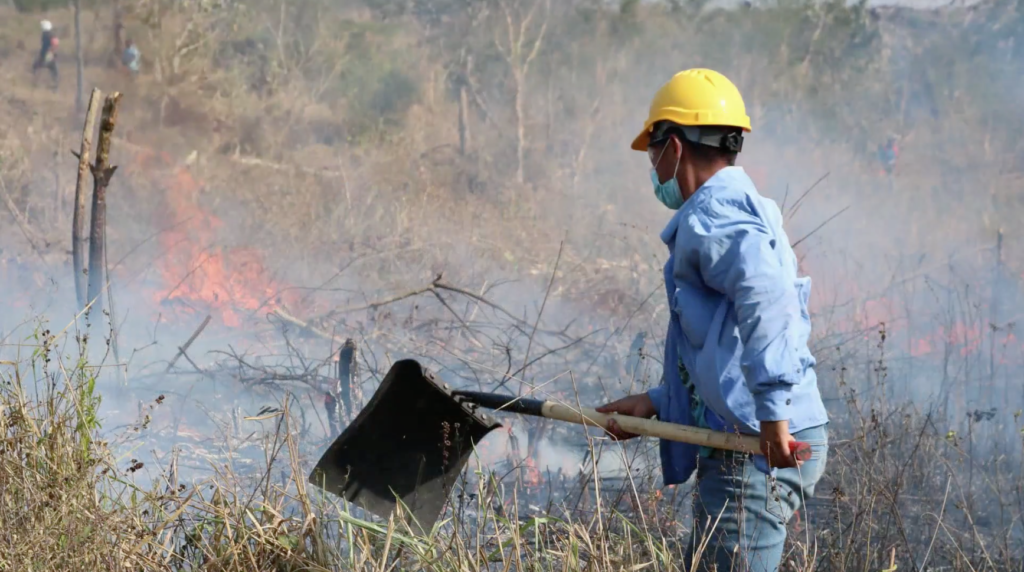
Playful learning and eco-literacy
DIB has worked with our Bolivian partner organization Teko Kavi over the past ten years on the Aprender Jugando, and the third phase ended in March 2020. "Aprender Jugando" means play-learning in spanish, and the concept eco-alphabetization is exactly about developing and implementing a playful approach for teaching about sustainable living in Bolivian schools.
Through cooperation with local civil society organizations, local authorities and teacher-educational organizations, we've succeeded with our project of developing cooperation between schools and the local communities. These communities have had an easier time identifying environmental issues, and mobilize for a healthy life in balance with nature and the surrounding environment.
